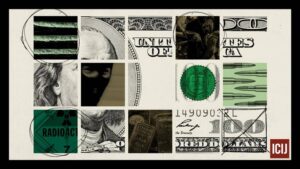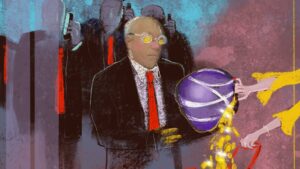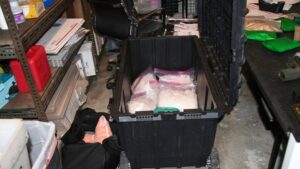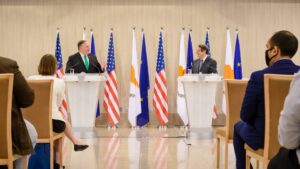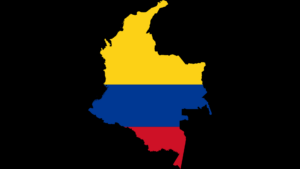The sum of money African international locations loses every yr to illicit monetary flows – $88.6 billion, or 3.7% of its overall GDP – “dwarfs” the quantity that the continent gets in improvement aid, a United Nations document posted on Monday revealed.
These findings, supplied withinside the United Nations Conference on Trade and Development’s (UNCTAD) 2020 document on Economic Development in Africa, advise that cracking down on illicit capital flight is the maximum feasible manner to assist the continent to enhance sufficient sales to attain its Sustainable Development Goals (SDGs).
“Africa will now no longer be capable of the bridge the massive financing hole to attain the SDGs, anticipated at $two hundred billion in line with yr, with present authorities sales and improvement assistance,” UNCTAD wrote in a press announcement upon the discharge of its 248-web page document.
As the document explains, the African continent is, in reality, an “ internet creditor to the world” – which means that it’s miles owed greater than it has gathered in debt – and but the loads of billions it has misplaced to illicit capital flight make it basically not possible to shut its improvement hole.
“Illicit monetary flows rob Africa and its human beings in their prospects, undermining transparency and responsibility and eroding consider in African establishments,” stated UNCTAD Secretary-General Mukhisa Kituyi.
A crucial guiding principle of the document’s findings is the obligation that advanced international locations need to anticipate for this difficulty as well, thinking about that it’s miles regularly monetary establishments running inside their personal jurisdictions that grow to be taking advantage of those illicit monetary transactions.
“The proof of bad tax compliance of European offshore account holders suggests the volume of the crucial function performed via way of means of monetary establishments in making tax evasion possible,” the document says.
“Money-laundering is based at the offerings of non-monetary corporations and professions that consist of lawyers, accountants, notaries, consider and organization provider carriers, actual property agents, carriers of playing offerings and online gaming offerings and sellers in treasured stones and metals, amongst others,” it continues.
Related Posts
This became reiterated via way of means of Nigeria’s President Muhammadu Buhari, who weighed in at the document’s findings.
“Illicit monetary flows are multidimensional and transnational in character,” he stated. “Like the idea of migration, they’ve international locations of beginning and destination, and there are numerous transit locations. The complete manner of mitigating illicit monetary flows, therefore, cuts throughout numerous jurisdictions,” he explained
The UN document additionally takes difficulty with the reality that the principle company answerable for global cooperation in this matter– The Organization for Economic Development and Cooperation (OECD), which sometimes dubbed the membership of wealthy international locations – might not be designed to fight this problem.
“As proven withinside the document, the dichotomy that arises from the vicinity of the actual financial interest and of everlasting established order reputation lies on the center of the perceived injustices,” the document says.
“At the worldwide level, it can be argued that best the United Nations, with its near-everyday club and democratic structure, can offer a certainly worldwide tax body,” it states.
OCCRP / Balkantimes.press
Napomena o autorskim pravima: Dozvoljeno preuzimanje sadržaja isključivo uz navođenje linka prema stranici našeg portala sa koje je sadržaj preuzet. Stavovi izraženi u ovom tekstu autorovi su i ne odražavaju nužno uredničku politiku The Balkantimes Press.
Copyright Notice: It is allowed to download the content only by providing a link to the page of our portal from which the content was downloaded. The views expressed in this text are those of the authors and do not necessarily reflect the editorial policies of The Balkantimes Press.


